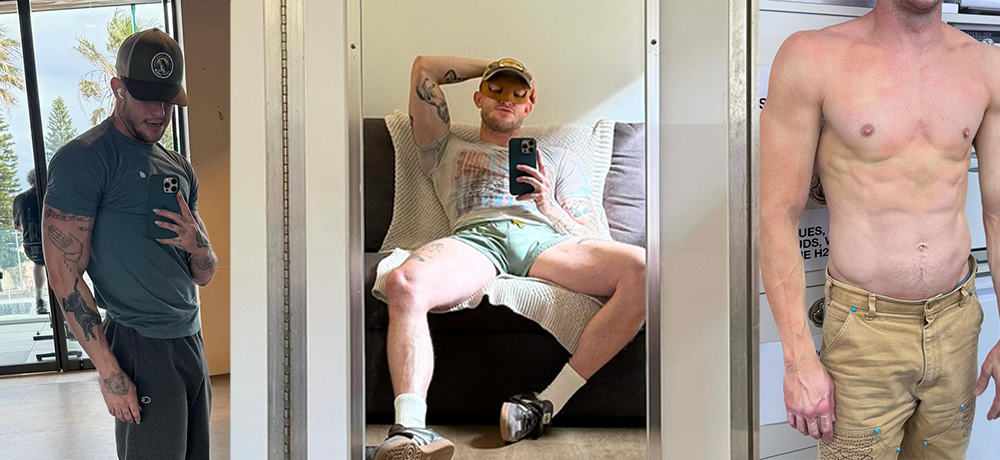
Gay refugees fight to stay
Two Bangladeshi gay men fronted the Australian High Court last week to put their cases for refugee status based on their sexual preferences.
The men, who cannot be named, have been in a relationship for nine years, and applied for Australian visas in 1999. Their barrister Bruce Levet told the court they faced police bashings and possible arrest for being homosexual in Bangladesh.
Legal representatives from the federal government are trying to have the men’s refugee applications dismissed.
Much court discussion centred on whether the men would be in danger of persecution if they maintained discretion about their relationship.
Levet compared this to forcing Anne Frank to return to her attic and hide her Jewishness from the Nazis.
Were Anne Frank before this court, it is unthinkable to think that she would be faced with the argument, -˜You have been discreet in your attic for the last three years. We have no reason to suspect that you would not continue to be so discreet were you to return to the country in which you claim to be persecuted by the Gestapo and on that basis we send you back,’ Levet told the court.
It is clear that homosexuality is not accepted or condoned by society in Bangladesh, and it is not possible to live openly as a homosexual in Bangladesh.
Levet said this week it was the first time a nation’s highest court had considered refugee status based on homosexuality.
The treatment of homosexuality under the Refugee Convention would be brought into line with the treatment of religious or political beliefs, if refugee status was granted.
The men’s case was taken to the High Court after they lodged an appeal to a decision made by the Refugee Review Tribunal, which ruled any harm they faced in Bangladesh did not constitute persecution. Justice Michael Kirby granted them special leave to appear in front of the High Court late last year.
Kirby, one of the seven High Court judges presiding over the case, took issue with the federal government representative Stephen Gageler’s description of the men’s sexuality as lifestyle.
Would you humour me by defining -˜lifestyle’? Kirby asked the court.
It is often used in this area. Lifestyle, to me, conjures up ideas of reading motor car magazines or going on trips to Norfolk Island. It does not seem to be an apt description for the expression of one’s sexual orientation.
The High Court reserved its judgment.









